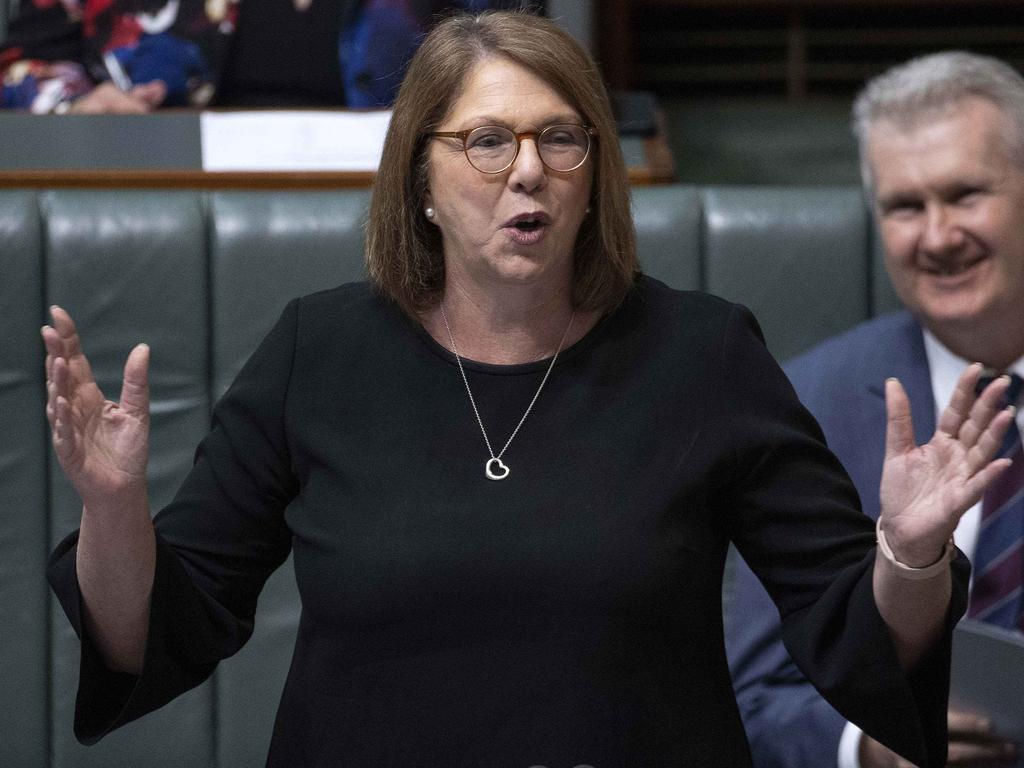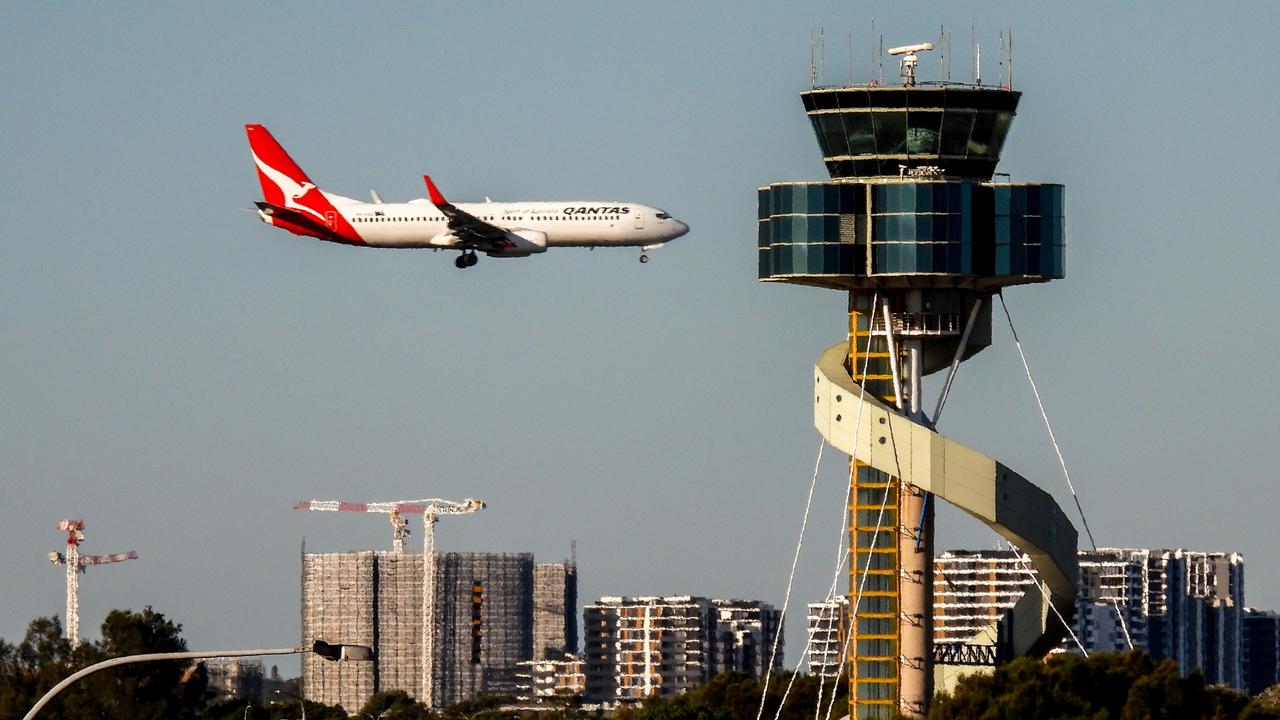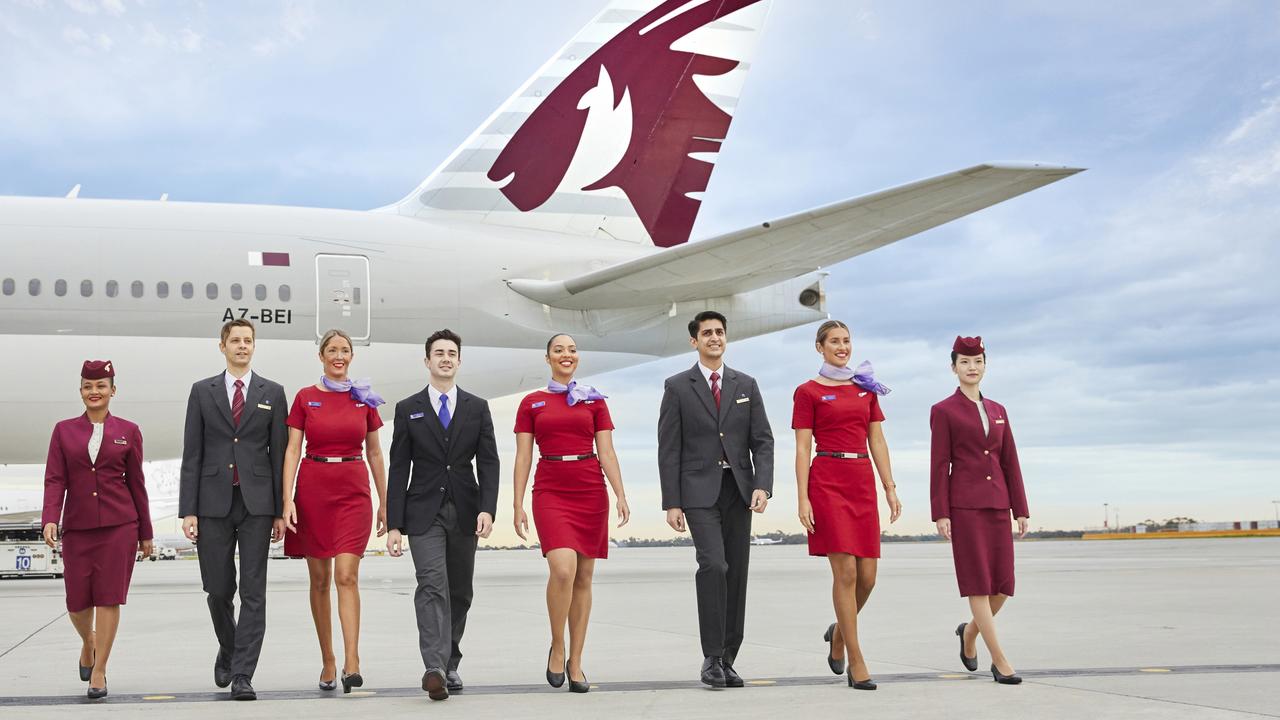Airline complaints process among issues government plans to tackle in aviation overhaul
A more robust complaints system for airline customers is among a long list of issues the government wants to address in aviation.
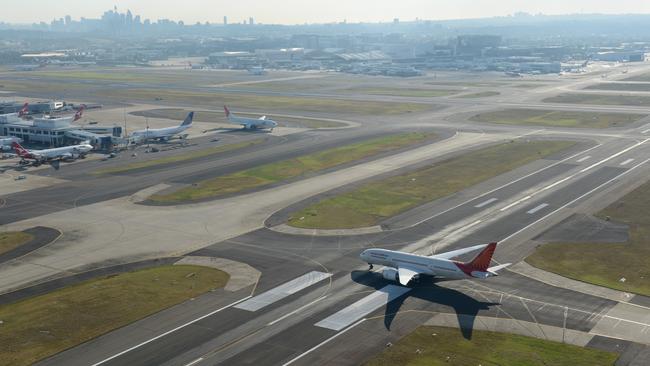
A more robust complaints system for airline customers and better aircraft noise management have been identified by the federal government as issues in need of further policy development.
New technologies, decarbonisation and airfares were also tackled in the 224-page aviation green paper released by Transport Minister Catherine King on Thursday.
Almost 200 submissions from organisations and individuals helped shape the document, which served as precursor to a policy-setting white paper due out next year.
Ms King said the government knew the industry had not been working as well as it should, and the paper was the “next step in getting the aviation sector back on track”.
“It covers issues of competition. It covers issues in relation to complaint handling processes, particularly when it comes to canvassing whether we do need, a consumer bill of rights when it comes to aviation,” said Ms King.
The paper acknowledged the “sharp rise in consumer complaints about airlines” and said the government proposed to improve complaint handling processes, and work with industry to introduce “fixed payout” type insurance products in the event of disruption.
It was noted that 31 of the 192 submissions mentioned consumer protections as a key issue, and said “airlines remain one of the most complained about sectors to the Australian Competition and Consumer Commission”.
On the issue of aircraft noise, the paper said the best tool to manage the issue was through “effective land-use planning”, adding that curfews and movement caps would not be considered.
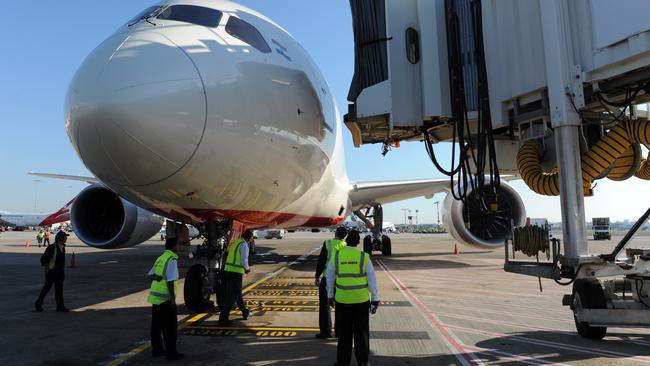
Airfares were also examined by the paper which revealed the government was considering asking the Productivity Commission to undertake a public inquiry into the cost of air travel on regional routes.
More broadly, the paper observed that domestic airfares were more expensive than they were pre-Covid, but cheaper than 15-years ago.
In order to reduce fares, some submissions proposed allowing foreign airlines to operate domestic routes and compete with existing carriers.
It seemed unlikely the government would adopt such a measure, with the paper noting it would require greater regulatory oversight and create industrial issues if foreign airlines imported their lower cost base.
Automation was mentioned as a possible solution to the current skills shortage in the industry and the paper indicated emerging aviation technologies would lead to significant changes in airspace.
It was expected that advanced air mobility systems such as aerial taxis would grow rapidly through the 2030s, requiring “careful planning” to limit negative impacts on communities.
The paper was received without much fanfare from those in the aviation industry.
Qantas indicated it would provide a detailed submission to the green paper by the November 30 deadline, and Virgin Australia was reviewing the document.
The Australian Airport Association welcomed the paper as “a way to help shape the future of the sector”.
“Airline competition must be a focus for the federal government during this process so customers don’t lose confidence in air travel,” said AAA chief executive James Goodwin.
Brisbane Airport which has been under pressure over aircraft noise, was enthusiastic about the process calling it the “most important aviation review in over a decade”.
“Never have so many Australians relied on aviation,” said Brisbane Airport Corporation CEO Gert-Jan de Graaff.
“We owe it to them and future generations to ensure we have the capacity to meet the needs of a growing population while balancing community impacts.”
Ms King also indicated the government would soon release its response to the 2021 Harris review which tackled the issue of slot management at Sydney Airport.
Review author Peter Harris, a former Productivity Commission chair, made 17 recommendations to increase the efficiency of Sydney Airport.
Geoff Culbert, the Sydney Airport CEO, said it was pleasing to hear those recommendations might finally be enacted.
“The issues with respect to slots at Sydney Airport need to be addressed urgently to ensure fewer cancellations and delays for passengers, and to drive more competition,” Mr Culbert said.



